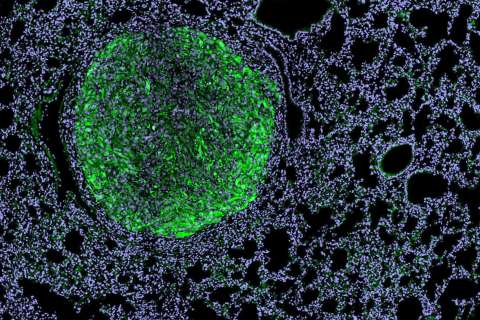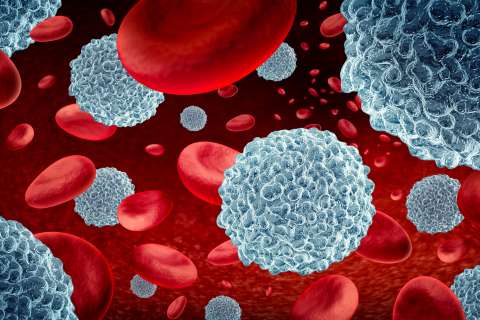
Arnold Chin, MD, PhD
Specialty
Languages
Education
Internship
Degrees
Residency
Board Certification
Contact Information
Clinical Interests
Scientific Interests
Dr. Arnold Chin's Laboratory is dedicated to improving the lives of patients with urologic malignancies. Much of their initial studies have focused on understanding the molecular pathways that program the tumor infiltrating lymphocytes in bladder and prostate cancer, which they have shown can influence tumor growth, ability to metastasize and response to immune-based therapies. More recently, they began studying the characteristics and drivers of bladder cancer stem cells.
Chin's laboratory currently studies two main areas:
- They have identified an alternatively spliced form of a transcription factor, FOXP3, that activates and makes bladder cancer stem cells more aggressive. They will exploit this observation by understanding its basic biology and develop novel inhibitors of FOXP3.
- They are characterizing the tumor population in micrometastatic lymph nodes, which they hypothesize is enriched in a cancer stem cell population. Identifying this population will improve pathologic staging as well provide therapeutic insight into inhibiting the process of metastases.
Highlighted Publications
Prado K, Zhang KX, Pellegrini M, Chin AI. Sequencing of cancer cell subpopulations identifies micrometastases in a bladder cancer patient. Oncotarget. 2017 Jul 11;8(28):45619-45625. doi: 10.18632/oncotarget.17312.
Zhang H, Prado K, Zhang KX, Peek EM, Lee J, Wang X, Huang J, Li G, Pellegrini M, Chin AI. Biased Expression of the FOXP3Delta3 Isoform in Aggressive Bladder Cancer Mediates Differentiation and Cisplatin Chemotherapy Resistance. Clin Cancer Res. 2016 Nov 1;22(21):5349-5361. Epub 2016 May 17.
Zhang H, Chin AI. Role of Rip2 in development of tumor-infiltrating MDSCs and bladder cancer metastasis. PLoS One. 2014 Apr 14;9(4):e94793. doi: 10.1371/journal.pone.0094793. eCollection 2014.
Chin AI, Miyahira AK, Covarrubias A, Teague J, Guo B, Dempsey PW, Cheng G. Toll-like receptor 3-mediated suppression of TRAMP prostate cancer shows the critical role of type I interferons in tumor immune surveillance. Cancer Res. 2010 Apr 1;70(7):2595-603. doi: 10.1158/0008-5472.CAN-09-1162. Epub 2010 Mar 16.
Chin AI, Dempsey PW, Bruhn K, Miller JF, Xu Y, Cheng G. Involvement of receptor-interacting protein 2 in innate and adaptive immune responses. Nature. 2002 Mar 14;416(6877):190-4.


